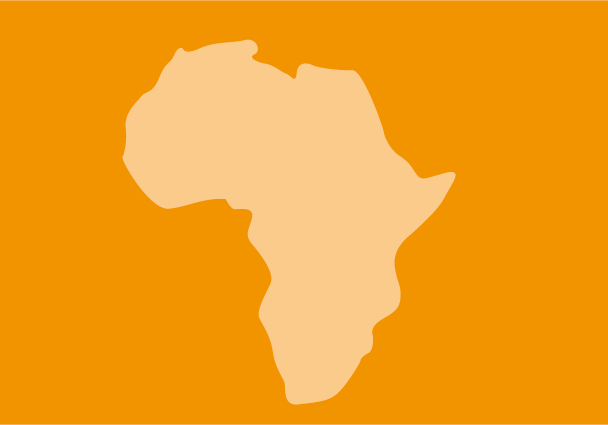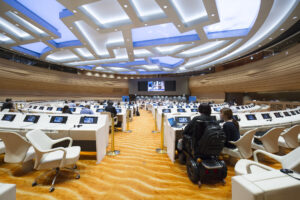The ICJ welcomes the decision taken by the Assembly of Heads of State and Government of the Organisation of African Unity (DAU) on 9 June 1998, to establish an African Court on Human and Peoples’ Rights.
It is particularly encouraging that 30 Member States of the OAU have at the outset signed the Protocol to the African Charter on Human and Peoples’ Rights which establishes the new Court. The Protocol requires 15 ratifications to enter into force.
The ICJ particularly welcomes Article 5 of the Protocol which allows the Court to receive cases directly from non-governmental organisations and individuals as well as State parties and African inter-governmental organisations. This article is innovative in that it grants access to all.
The endeavour to establish an African Court on Human and Peoples’ Rights finally drew to a successful close. The ICJ had long been involved in the process of lobbying for the establishment of the Court. Back in 1994, the Assembly of Heads of State and Government requested the Secretary-General of the DAU to convene a meeting of government legal experts to draft the protocol creating the Court. The ICJ provided technical assistance to the three meetings of legal experts in which the draft protocol was prepared and eventually finalised.
The Court will reinforce the African human rights system already in place.
In adopting the Protocol to the African Charter, the Member States of the OAU have taken a practical step towards implementing their decision to “work towards the establishment and consolidation of a credible and independent justice accessible to all”; and ensure “respect for human rights and fight impunity” as stated in the Declaration of Ouagadougou adopted at the end of the Summit.
A highly symbolic source of encouragement for the human rights community globally is that this historic announcement is made practically on the eve of the opening in Rome, on 15 June 1998, of the UN Plenipotentiary Treaty Conference on the Establishment of an International Criminal Court.




